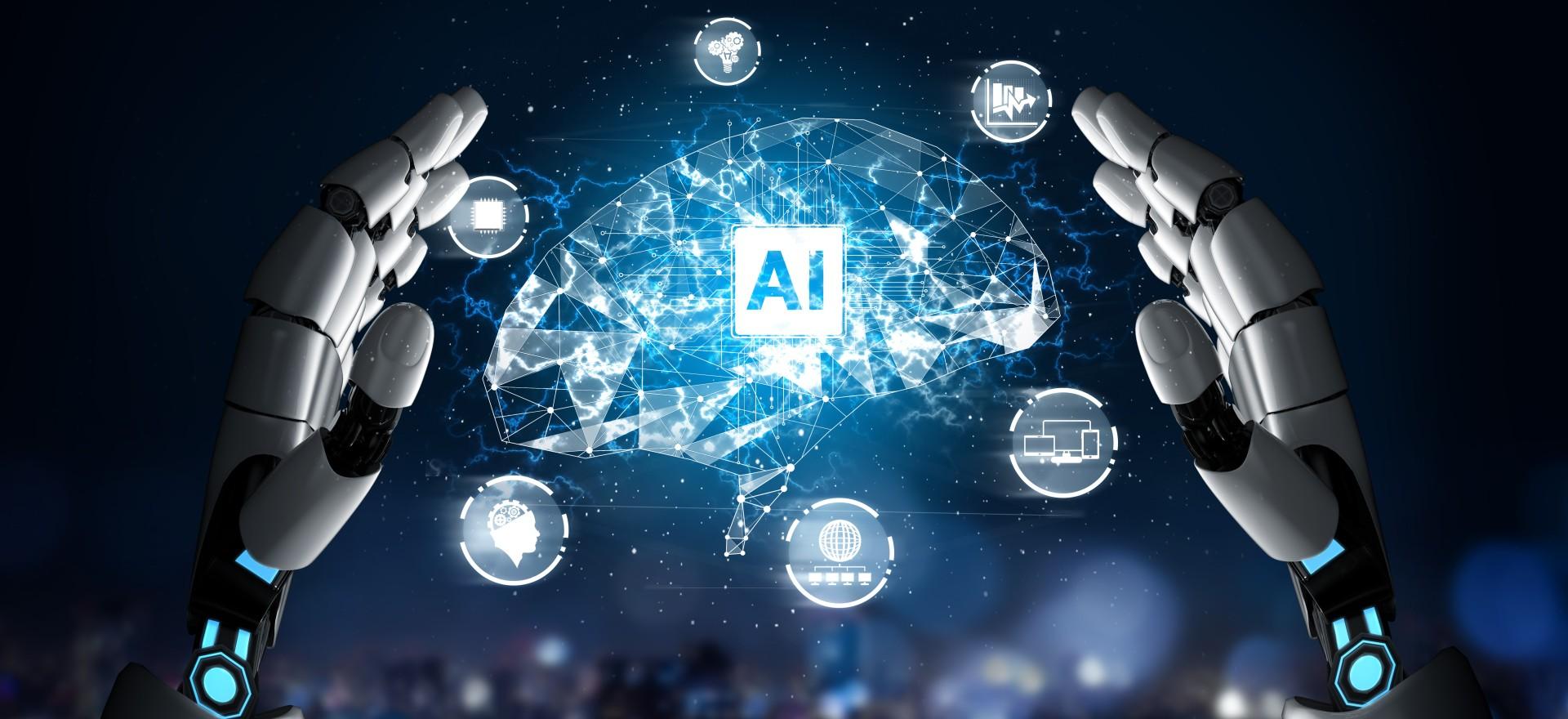The rapid acceleration of artificial intelligence is reshaping industries across the globe, making the artificial intelligence market one of the most disruptive forces of 2025. Organizations across manufacturing, retail, healthcare, banking, and logistics are leveraging AI-driven automation to enhance decision-making, improve operational efficiency, and unlock new revenue opportunities. With companies adopting natural language processing, computer vision, generative AI, and predictive analytics at scale, the boundaries of innovation continue to expand. Businesses are shifting from traditional digital transformation to AI-first strategies, aiming to build systems that can think, adapt, and learn in real time, reducing manual processes while increasing accuracy and speed across critical operations.
Artificial Intelligence Market is projected to experience substantial growth from 106.3 USD Billion in 2024 to 2000 USD Billion by 2035. This extraordinary surge in valuation reflects the growing demand for intelligent systems capable of automating complex workflows and uncovering patterns that human analysts may overlook. The rise of generative AI has also significantly influenced market direction, enabling real-time text generation, image creation, decision automation, and conversational experiences across industries. Meanwhile, enterprises are investing heavily in AI-powered cloud platforms, edge computing, and real-time analytics to support mission-critical applications that require speed and scalability. As AI becomes easier to integrate through APIs and cloud services, even small and mid-sized businesses are joining the global AI revolution.
AI-driven transformation is being shaped by several key technological trends in 2025. Generative AI is emerging as a core engine for marketing, product development, customer service, and creative industries. Autonomous AI systems are reshaping logistics and transportation, using computer vision and sensor fusion to enable safer, more reliable operations. Predictive intelligence is improving demand forecasting, supply chain planning, and risk management in every economic sector. Additionally, AI is transforming cybersecurity by enabling systems that can automatically detect suspicious behaviors, identify threats, and respond in milliseconds. Industries are now leveraging hybrid AI models that combine cloud-scale learning with on-device inference, delivering faster and more secure decision-making capabilities.
Regional growth in the AI sector remains dynamic and diverse. North America continues to dominate due to strong investments from tech giants, a thriving startup ecosystem, and continuous advancements in generative AI, machine learning, and autonomous systems. The United States leads in AI innovation for healthcare, finance, and defense, while Canada is becoming a hub for ethical AI research. Europe is rapidly expanding its AI capabilities through policy-driven initiatives focused on responsible AI development, with major growth in Germany, France, and the UK. Meanwhile, Asia-Pacific is experiencing the fastest adoption rate, with China, India, South Korea, and Japan prioritizing AI for manufacturing automation, smart cities, and digital commerce. Markets in Latin America and the Middle East are accelerating AI integration in retail, telecom, and public-sector modernization, supported by government digitalization programs.
As adoption continues, industries are also recognizing the importance of ethical, transparent, and secure AI deployment. To build trust in AI, organizations are investing in model interpretability, responsible data governance frameworks, and regulations that ensure fairness and transparency. Governments are drafting AI laws focused on user privacy, algorithmic accountability, and safe deployment practices, especially in sectors like healthcare, finance, and law enforcement. Companies are increasingly implementing governance structures to ensure AI decisions align with corporate values and societal expectations. This focus on responsible innovation is critical as AI becomes more integrated into everyday life.
Looking ahead, AI will serve as a foundational layer for the global economy in the coming decade. Future AI systems will be more autonomous, self-learning, and deeply integrated across cloud, edge, and on-device environments. AI agents will assist in every workflow—from personalized shopping to automated legal operations and precision healthcare. Entire industries will be reshaped by adaptive robots, multimodal AI systems, and intelligent digital platforms capable of making complex decisions with human-like reasoning. As the global workforce embraces AI-enabled tools, productivity will rise, new opportunities will emerge, and businesses will be better equipped to handle disruptions and competitive pressures. The next decade will belong to organizations that successfully integrate AI with human expertise to create agile, intelligent business ecosystems.
Top Trend Reports:
market artificial intelligence
marketsandmarkets security service edge sse market 2023 2024



